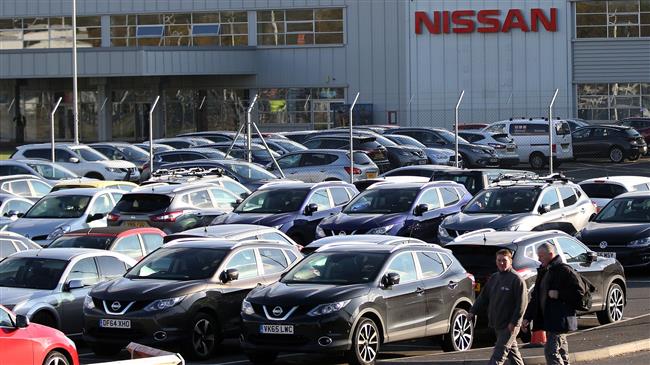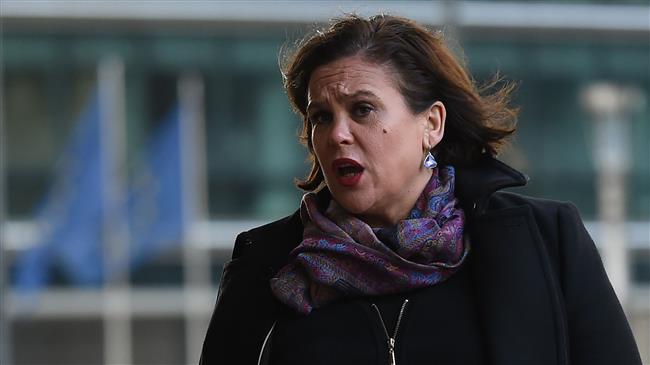Germany’s Merkel says ‘creative’ solution could end Brexit stand-off
German Chancellor Angela Merkel has suggested that the European Union and Britain could find a solution to the current stand-off over their Brexit agreement, calling for a "creative" compromise to allay concerns over the future of Irish border arrangements.
Merkel said on Monday that with creativity and goodwill, Britain and the EU can still perhaps resolve the issue of Irish border arrangements after Brexit.
“We can still use the time to perhaps reach an agreement if everyone shows good will,” Merkel told a news conference with Japanese Prime Minister Shinzo Abe in Tokyo.
“To solve this point you have to be creative and listen to each other, and such discussions can and must be conducted,” she added.
The German leader, whose country is the dominant economic power in the EU, said Berlin was committed to the EU position that a withdrawal agreement signed between Brussels and London in November could not be renegotiated.
However, she said concerns over the Irish border backstop, which critics believe could allow the EU to treat the British province of Northern Ireland differently than the rest of the UK, could be solved as part of ongoing talks on future relations between the EU and Britain.
“But, we have an agreement for the future relationship and in this future relationship (agreement), one can of course settle questions that are still being discussed such as the question we have with the backstop,” said Merkel.
Merkel’s promise for the EU’s flexibility over the backstop is the first to come from a senior EU leader since the Brexit agreement was defeated in the British parliament by a large majority on January 15.
The parliament then allowed Prime Minister Theresa May to seek alternative arrangements to replace the backstop in order to make the Brexit deal acceptable for the lawmakers.
Merkel suggested the EU and Britain could find an alternative solution to continue mutual trade while avoiding checks and controls between EU member Ireland and Northern Ireland.
“There are definitely options for preserving the integrity of the single market even when Northern Ireland isn’t part of it because it is part of Britain while at the same time meeting the desire to have, if possible, no border controls,” said Merkel.
A failure to reach a compromise on the backstop would mean that Britain should leave the EU on March 29 in a disorderly manner; a scenario which experts believe could have serious economic implications for the two sides.
More pro-Gaza rallies held across Yemen
'Hunger is everywhere in Gaza': UN food agency
Iran dismisses Arab League accusations, says wants stability in Syria
Syria's HTS militants seek ‘peace’ with Israel
VIDEO | Israel violations of ceasefire
Hamas: Israel’s raid on Kamal Adwan Hospital ‘war crime’
VIDEO | TELECOM 2024 brings together ICT firms in Iran
South Korea’s parliament impeaches acting President Han Duck-soo














 This makes it easy to access the Press TV website
This makes it easy to access the Press TV website